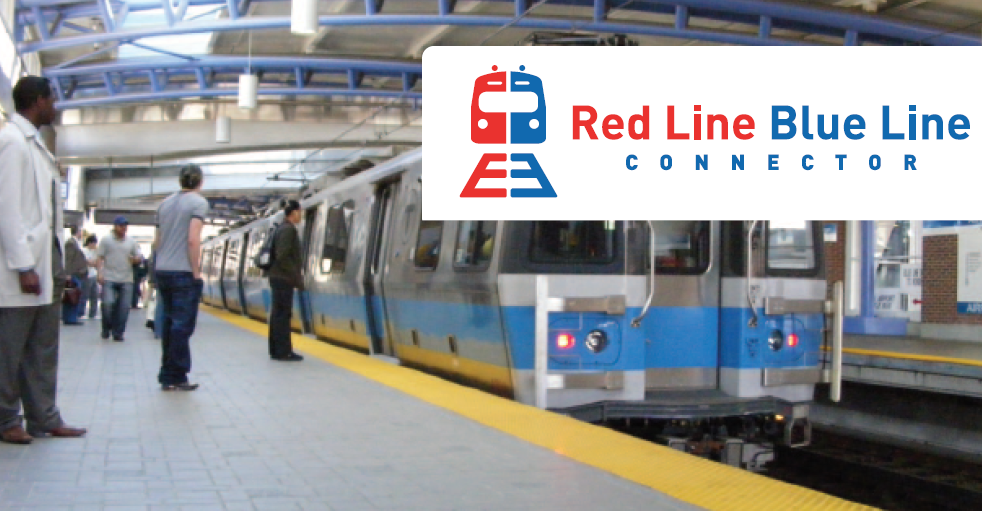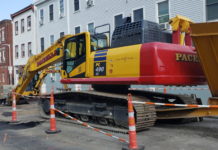
The seeming consensus around building the Red-Blue connector fails to appreciate any lessons from the costly, disruptive Central Artery/Third Harbor Tunnel project. Talk about the connector moves along in stops and starts. It remains a dubious idea that doesn’t pass any cost-benefit analysis.
Little mention is made of whether, compared with all the other transportation needs facing the MBTA, we need a “mini-Big Dig” on Cambridge Street, hard by Massachusetts General Hospital.
Estimates for the project have varied over the years, but based on recent projections it is not beyond the imagination to guess it will finally cost as much as $1 billion. All sorts of arguments have been made for the Red-Blue connector, including addressing resiliency in the face of climate change. However, like climate change, the cost disease is real. The Danish scholar Bent Flyvbjerg found that nine out of every 10 projects went over budget and that higher public transit ridership goals are typically not met.
Is the disruption of one of the city’s busiest neighborhoods worth it? What will happen to the small businesses in the neighborhood? How many lawsuits will be filed after property owners discover cracked foundations and water leaks? Are there any credible estimates of increased ridership if the connector is built? And would bus lanes replacing on-street parking from Bowdoin to Charles Circle on Cambridge Street be more effective?
One of the arguments for the connector rests on the assumption that high-tech workers from Kendall Square will not have to make the additional transfer to get to the airport. They already have an efficient way: the Silver Line from South Station on the Red Line. Similarly, any suggestion that the connector would lead to greater ridership on the T assumes that current remote work arrangements will go away. Moreover, jobs are being created outside the city.
Even with increased funding opportunities from Washington, D.C., the state can certainly find far better ways to spend on worthy transportation projects — for example, the electrification of the Newburyport/Rockport commuter rail line which passes through Lynn. A Lynn-Boston connection would be far more attractive and an economic boost to both municipalities.
This article originally appeared in the November 7, 2021 edition of the Boston Sunday Globe.
















